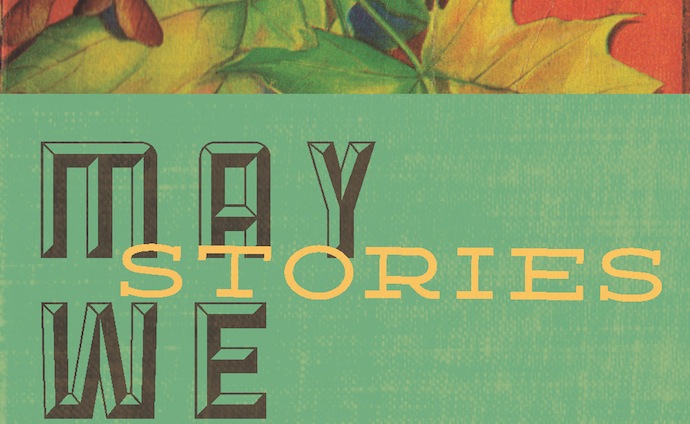
Amber Sparks: May We Shed These Human Bodies
07.12.12
May We Shed These Human Bodies
Amber Sparks
Curbside Press
154 p
$12
We ask for proof of fairy tales in an age that has moved beyond allegory and Amber Sparks hands us a map––May We Shed These Human Bodies. How pompous of us to grow out of magic. Our imaginations do not die––we abandon them. It is clear that Sparks has kept and nurtured her own. Each story is self-contained and enchanting. A child is born in the land of the dead. A city takes a day trip to Mexico. The people of Earth tire of heaven. A little girl transforms into a robin and migrates south until Spring.
Brief and incisive, May We Shed These Human Bodies packs thirty stories across 141 pages. Sparks renounces traditional plot arcs and returns to stories of instinct. Context, when needed, exposes itself as plot develops. Otherwise it is dispensed––there is little need to tarry in the past. “Vesuvius” takes place on a single page. A senator’s wife sets fire to her home. As it burns, she watches her husband on TV.
“Her anger was her home; let it burn hot and clean through the drywall, through the insulation, through the grass and trees and houses and all of the human debris scattered like dead leaves over the surface of the world. Let anger fry the face of god.”
Other pieces acknowledge the mythical elements of Sparks’ narratives directly. In “Feral Children: A Collective History,” the nineteenth story of the collection, Sparks presents a folkloric archetype as fact:
“Before they can learn wild ways, there must be a parting from the human parents: the children are cast out of the home, the village, the castle, shack, orphanage, hospital, shtetl. They are stolen from the crib. They are abandoned, unwanted, left in the woods to die. They run away. They are given to the pack, the animal mothers, to the earth as a ritual sacrifice or accordance with Fate or to hide the child from murderous uncle, stepmother, father, or king.”
She calls on names that transcends cultural divide: Atalanta, Enkidu, Romulus and Remus––they are all the same child, separated by name only. Their commonalities force us to acknowledge a greater truth, which in turn, is Sparks’ aim: only when we forgive our own humanity can we become indelible.
__________
May We Shed These Human Bodies is available from Curbside Splendor.